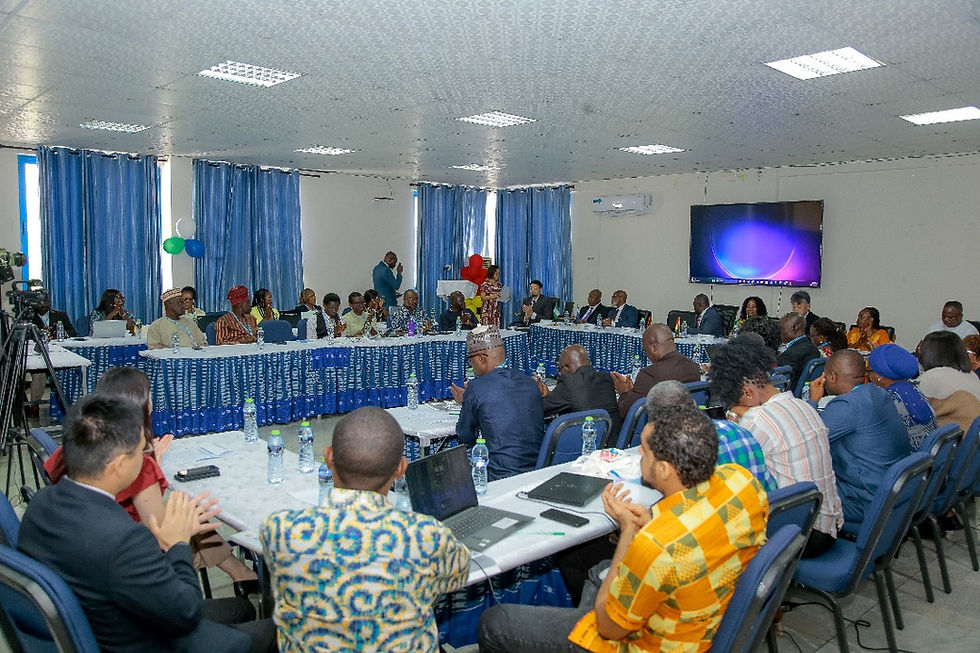Amidu calls for removal of Special Prosecutor, Kissi Agyebeng in scathing petition
- Think News Online
- May 17, 2024
- 2 min read

In a dramatic turn of events, former Special Prosecutor, Martin Amidu has ignited a political firestorm by filing a petition to President Akufo-Addo, seeking the impeachment of his successor, Kissi Agyebeng.
The explosive document, dated April 30, 2024, was swiftly forwarded to Chief Justice Gertrude Torkornoo, who is now tasked with determining whether a prima facie case exists to convene a committee for Agyebeng’s removal under Article 146 of the Constitution.
Amidu's allegations are as severe as they are varied. He accuses Agyebeng of procurement breaches in the acquisition of vehicles for the Office of the Special Prosecutor (OSP) and asserts that Mr. Agyebeng has abused his power in dealings with judges and the broader administration of justice.
The former Attorney-General's claims extend to violations of citizens’ rights through questionable arrests and detentions, as well as obstructing access to information by improperly handling requests for appointment letters and salary details of OSP staff.
One particularly contentious point in Amidu's petition is his allegation that Agyebeng refused to provide him with OSP staff appointment letters and salary details on a pen drive.
Amidu frames this as a violation of the right to information, suggesting a troubling lack of transparency under Agyebeng’s leadership.
The petition, now public, has confirmed that Agyebeng acknowledges its receipt.
This move by Amidu, known for his own contentious tenure as Special Prosecutor, has sent shockwaves through the political and legal communities.
Critics and supporters alike are closely watching how President Akufo-Addo and Chief Justice Torkornoo will navigate this highly charged situation.
Amidu’s tenure was itself fraught with controversy, marked by his abrupt resignation in November 2020, citing interference and a lack of support in his anti-corruption efforts.
Now, in a bold and unprecedented move, he seeks to oust his successor, raising questions about the internal dynamics and effectiveness of the OSP.
The gravity of Amidu’s accusations against Agyebeng cannot be overstated.
They touch on fundamental issues of governance, justice, and public trust. If a committee is established and finds merit in Amidu’s claims, the repercussions could be significant, potentially leading to a major shake-up within the OSP and broader implications for Ghana’s anti-corruption framework.
This unfolding saga underscores a deeper struggle within Ghana’s anti-corruption institutions.
With high stakes and reputations on the line, the nation is left to ponder: is this a genuine crusade for accountability, or a personal vendetta from a former official?
The coming weeks will be crucial in determining the truth and the future of Ghana’s fight against corruption.
Story by: Joshua Kwabena Smith








Comments